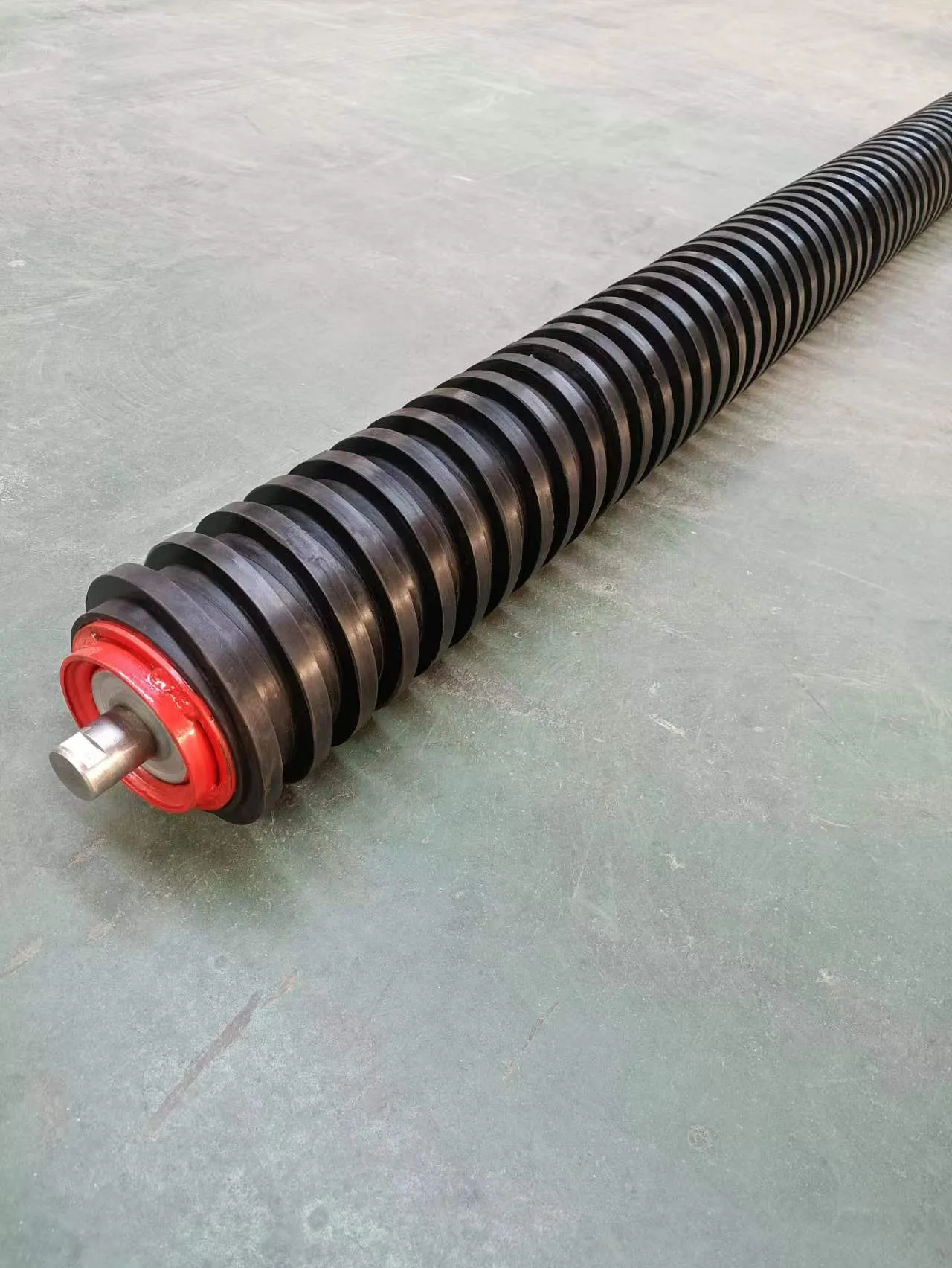 Afrikaans
Afrikaans  Albanian
Albanian  Amharic
Amharic  Arabic
Arabic  Armenian
Armenian  Azerbaijani
Azerbaijani  Basque
Basque  Belarusian
Belarusian  Bengali
Bengali  Bosnian
Bosnian  Bulgarian
Bulgarian  Catalan
Catalan  Cebuano
Cebuano  Corsican
Corsican  Croatian
Croatian  Czech
Czech  Danish
Danish  Dutch
Dutch  English
English  Esperanto
Esperanto  Estonian
Estonian  Finnish
Finnish  French
French  Frisian
Frisian  Galician
Galician  Georgian
Georgian  German
German  Greek
Greek  Gujarati
Gujarati  Haitian Creole
Haitian Creole  hausa
hausa  hawaiian
hawaiian  Hebrew
Hebrew  Hindi
Hindi  Miao
Miao  Hungarian
Hungarian  Icelandic
Icelandic  igbo
igbo  Indonesian
Indonesian  irish
irish  Italian
Italian  Japanese
Japanese  Javanese
Javanese  Kannada
Kannada  kazakh
kazakh  Khmer
Khmer  Rwandese
Rwandese  Korean
Korean  Kurdish
Kurdish  Kyrgyz
Kyrgyz  Lao
Lao  Latin
Latin  Latvian
Latvian  Lithuanian
Lithuanian  Luxembourgish
Luxembourgish  Macedonian
Macedonian  Malgashi
Malgashi  Malay
Malay  Malayalam
Malayalam  Maltese
Maltese  Maori
Maori  Marathi
Marathi  Mongolian
Mongolian  Myanmar
Myanmar  Nepali
Nepali  Norwegian
Norwegian  Norwegian
Norwegian  Occitan
Occitan  Pashto
Pashto  Persian
Persian  Polish
Polish  Portuguese
Portuguese  Punjabi
Punjabi  Romanian
Romanian  Russian
Russian  Samoan
Samoan  Scottish Gaelic
Scottish Gaelic  Serbian
Serbian  Sesotho
Sesotho  Shona
Shona  Sindhi
Sindhi  Sinhala
Sinhala  Slovak
Slovak  Slovenian
Slovenian  Somali
Somali  Spanish
Spanish  Sundanese
Sundanese  Swahili
Swahili  Swedish
Swedish  Tagalog
Tagalog  Tajik
Tajik  Tamil
Tamil  Tatar
Tatar  Telugu
Telugu  Thai
Thai  Turkish
Turkish  Turkmen
Turkmen  Ukrainian
Ukrainian  Urdu
Urdu  Uighur
Uighur  Uzbek
Uzbek  Vietnamese
Vietnamese  Welsh
Welsh  Bantu
Bantu  Yiddish
Yiddish  Yoruba
Yoruba  Zulu
Zulu Impact Rollers - High-Performance Rubber Impact Rollers for Conveyor Systems
- Introduction to Impact Rollers in Industrial Applications
- Technical Advantages Over Traditional Conveyor Rollers
- Comparative Analysis: Leading Impact Roller Suppliers
- Custom Solutions for Unique Operational Needs
- Case Studies: Successful Impact Roller Deployments
- Material Innovation in Rubber Impact Roller Design
- Why Partner with Established Impact Roller Manufacturers

(impact roller)
Understanding the Critical Role of Impact Rollers
In heavy-duty material handling systems, impact roller
s serve as the first line of defense against mechanical stress caused by falling materials. Designed to absorb forces up to 15-20 tons in mining and quarrying operations, these components reduce belt wear by 40-60% compared to standard rollers. Modern variants incorporate advanced rubber compounds that withstand temperatures ranging from -30°C to 120°C, ensuring performance across diverse industrial environments.
Engineering Excellence in Load Distribution
Premium impact rollers feature multi-layered rubber rings with shore hardness ratings between 50-70°A, optimized for specific impact energy absorption. Key innovations include:
- Hexagonal shock-absorbing structures reducing lateral vibrations by 35%
- Interlocking steel end rings preventing rubber displacement under heavy impacts
- Integrated scrapers minimizing material buildup on roller surfaces
Supplier Performance Benchmarking
| Supplier | Max Load (ton) | Warranty (months) | Price Range | ISO Certification |
|---|---|---|---|---|
| GlobalRoller Tech | 22 | 24 | $$$ | 9001:2015 |
| BeltMaster Pro | 18 | 18 | $$ | 14001 |
| ImpactSolutions Co | 25 | 36 | $$$$ | 9001/45001 |
Tailored Engineering Approaches
Leading impact roller manufacturers now offer modular designs with customizable parameters:
- Diameter adjustments (150mm to 800mm)
- Rubber thickness variations (10-30mm)
- Specialized lagging patterns for wet/dry conditions
A recent cement plant project required rollers with 45° inclined side wings to handle 800TPH limestone throughput, resulting in 18% reduced maintenance downtime.
Operational Success Stories
Port Logistics Application: Replacement of steel rollers with rubber impact rollers in a coal terminal increased belt lifespan from 14 to 27 months. Key metrics:
- Impact zone noise reduction: 12dB(A)
- Energy consumption decrease: 8.7%
- Material spillage reduction: 92%
Advanced Material Development
Next-generation rubber compounds now demonstrate:
- 75% higher abrasion resistance (ASTM D5963)
- 30% improved ozone resistance (ISO 1431)
- Self-cleaning surface properties reducing adhesion by 40%
Strategic Partnerships with Impact Roller Specialists
Selecting established impact roller suppliers ensures access to R&D-driven improvements and lifecycle support. Top manufacturers provide digital monitoring systems tracking roller performance metrics like:
- Real-time rotational resistance (≤0.020 N·m)
- Bearing temperature thresholds (≤80°C)
- Vibration frequency analysis (10-200Hz range)

(impact roller)
FAQS on impact roller
Q: What factors should I consider when choosing impact roller suppliers?
A: Prioritize suppliers with proven expertise, certifications (e.g., ISO), and a track record of delivering durable impact rollers. Ensure they offer customization and responsive after-sales support.Q: How does a rubber impact roller improve conveyor system performance?
A: Rubber impact rollers absorb shock and reduce material spillage by cushioning heavy loads. They also minimize belt wear and noise, enhancing operational efficiency and longevity.Q: Where can I find reliable impact roller manufacturers globally?
A: Reputable manufacturers are concentrated in industrial hubs like Germany, China, and the U.S. Verify their credentials, read customer reviews, and request material quality certifications.Q: What industries commonly use impact rollers in their operations?
A: Impact rollers are critical in mining, construction, agriculture, and logistics for heavy-duty material handling. They’re ideal for systems exposed to high-impact loads and harsh environments.Q: How do I assess the durability of an impact roller before purchase?
A: Check the roller’s construction materials (e.g., reinforced steel, high-grade rubber), load-bearing capacity, and warranty. Request case studies or testimonials from existing clients.-
Revolutionizing Conveyor Reliability with Advanced Rubber Lagging PulleysNewsJul.22,2025
-
Powering Precision and Durability with Expert Manufacturers of Conveyor ComponentsNewsJul.22,2025
-
Optimizing Conveyor Systems with Advanced Conveyor AccessoriesNewsJul.22,2025
-
Maximize Conveyor Efficiency with Quality Conveyor Idler PulleysNewsJul.22,2025
-
Future-Proof Your Conveyor System with High-Performance Polyurethane RollerNewsJul.22,2025
-
Driving Efficiency Forward with Quality Idlers and RollersNewsJul.22,2025





























